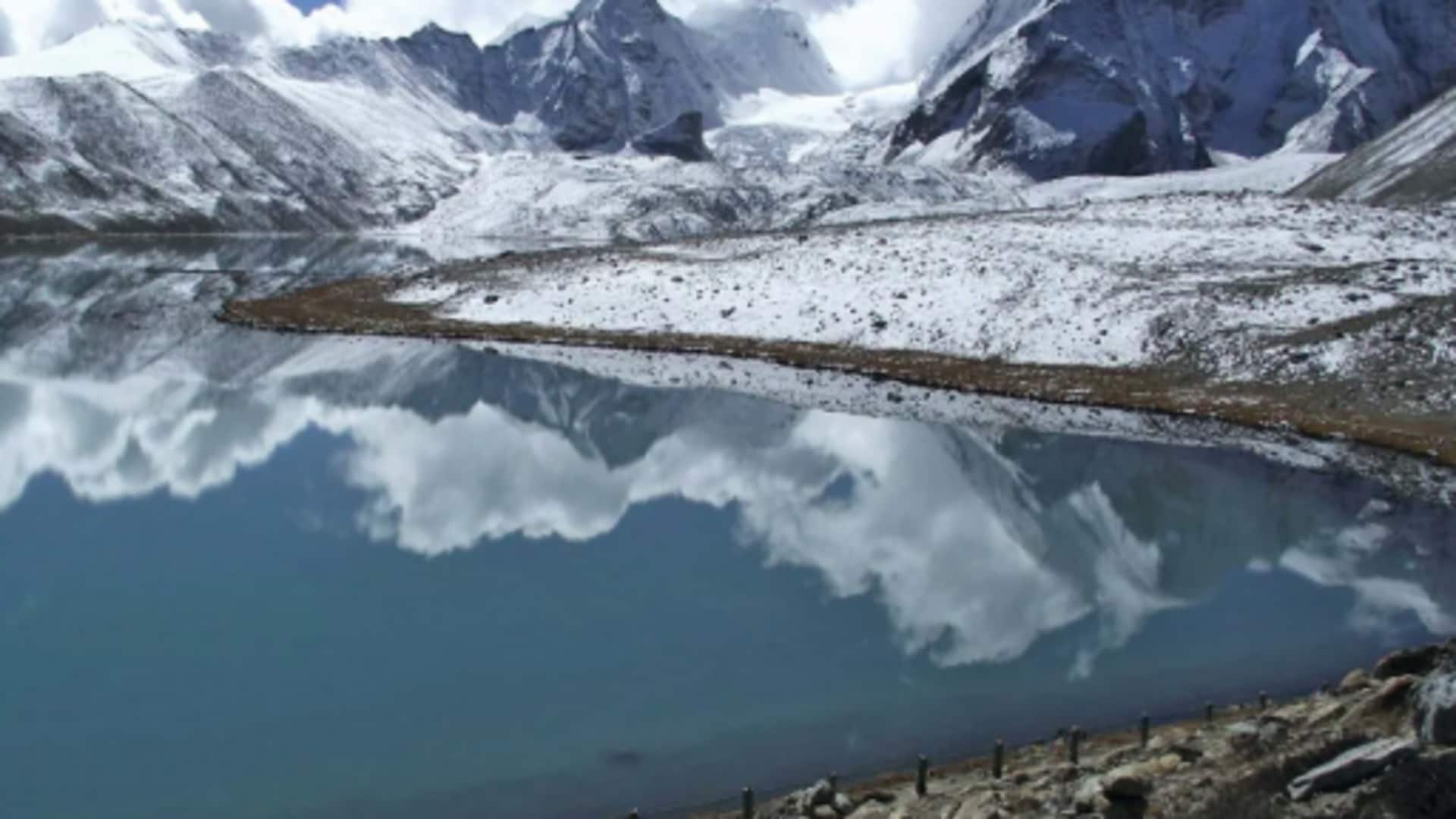
Things to do in Sikkim
What's the story
Sikkim, located in India's North-East, is a perfect blend of colorful festivals and picturesque beauty. The small state is famous for its rich culture and stunning beauty. You can get a taste of the local culture while exploring beautiful valleys, mountains, and lakes. From colorful festivals to treks in green meadows, Sikkim has something for every traveler.
Festivals
Discovering Sikkim's vibrant festivals
Sikkim also hosts a number of colorful festivals throughout the year that showcases its diverse culture. The Losar Festival marks Tibetan New Year with traditional music and dance performances. Saga Dawa is another important event celebrated with prayers and processions. During these festivals, visitors can see locals dressed in traditional attire performing rituals passed down through generations.
Landscapes
Exploring scenic landscapes
The landscapes of Sikkim are nothing short of spectacular. The state is home to the Kanchenjunga National Park, which provides stunning views of the third highest mountain peak in the world. Trekking enthusiasts can explore trails leading to places like Goecha La Pass or Dzongri Top for panoramic vistas. Plus, serene spots like Tsomgo Lake offer opportunities to relax amidst nature's tranquility.
Towns & villages
Visiting charming towns and villages
Sikkim's towns and villages give a window into life beyond the crowded cityscapes. While Gangtok makes for a perfect base to explore nearby places without compromising on modern amenities, the villages like Lachung or Lachen are perfect for a more rustic experience where you can witness the traditional way of life amidst untouched natural beauty.
Travel tips
Tips for traveling in Sikkim
Visit Sikkim during spring (March-May) or autumn (September-November) when the weather remains most conducive for outdoor activities. Pack accordingly for climatic differences at varying altitudes. However, before you set off for treks in protected areas such as Kanchenjunga National Park, make sure you have the necessary permits. Respecting local customs while interacting with residents will ensure a positive cultural exchange throughout your journey.